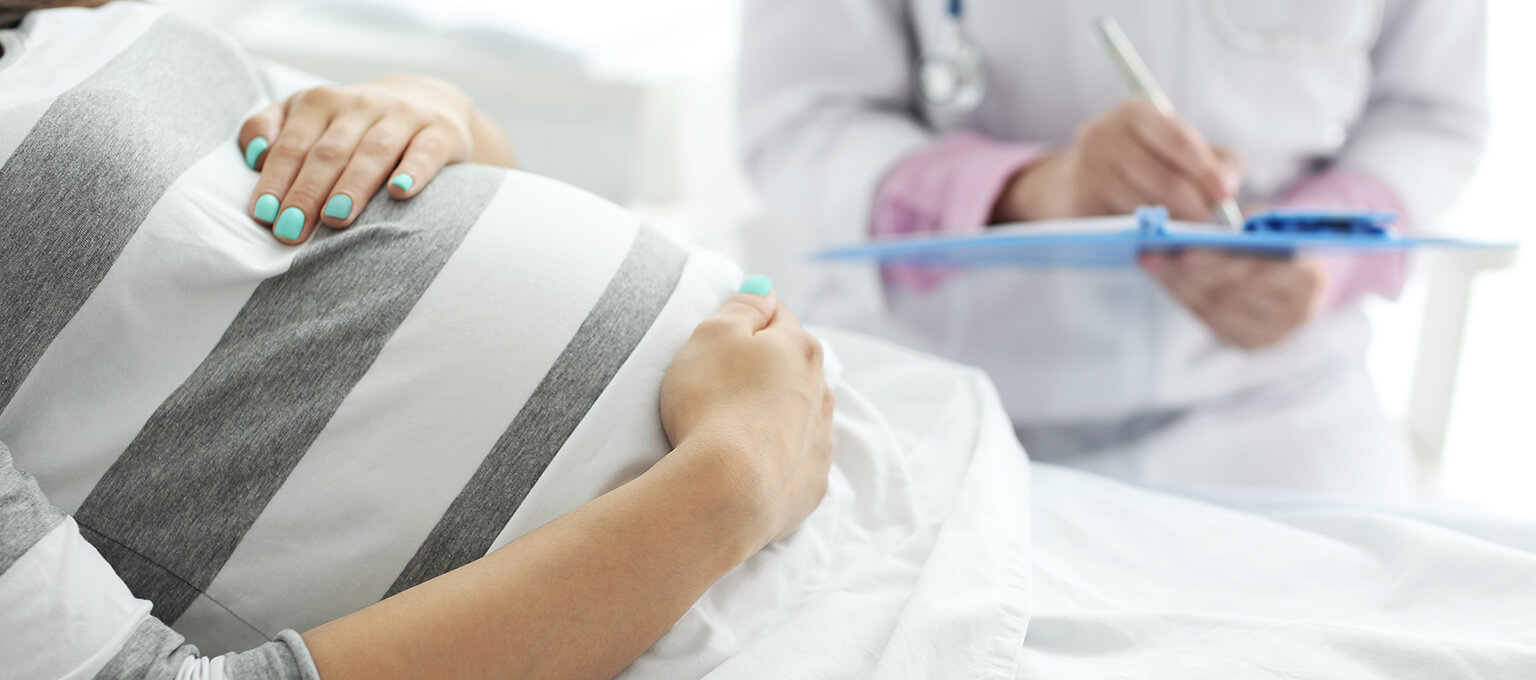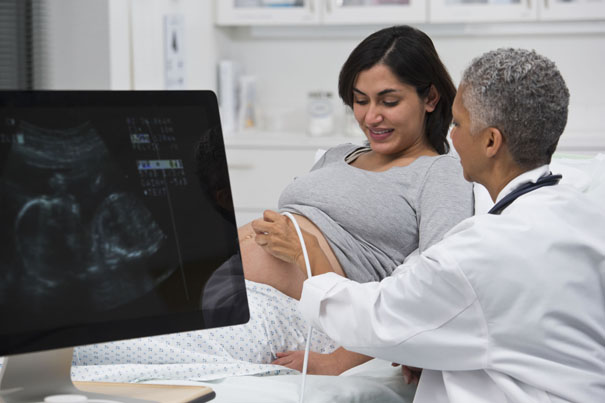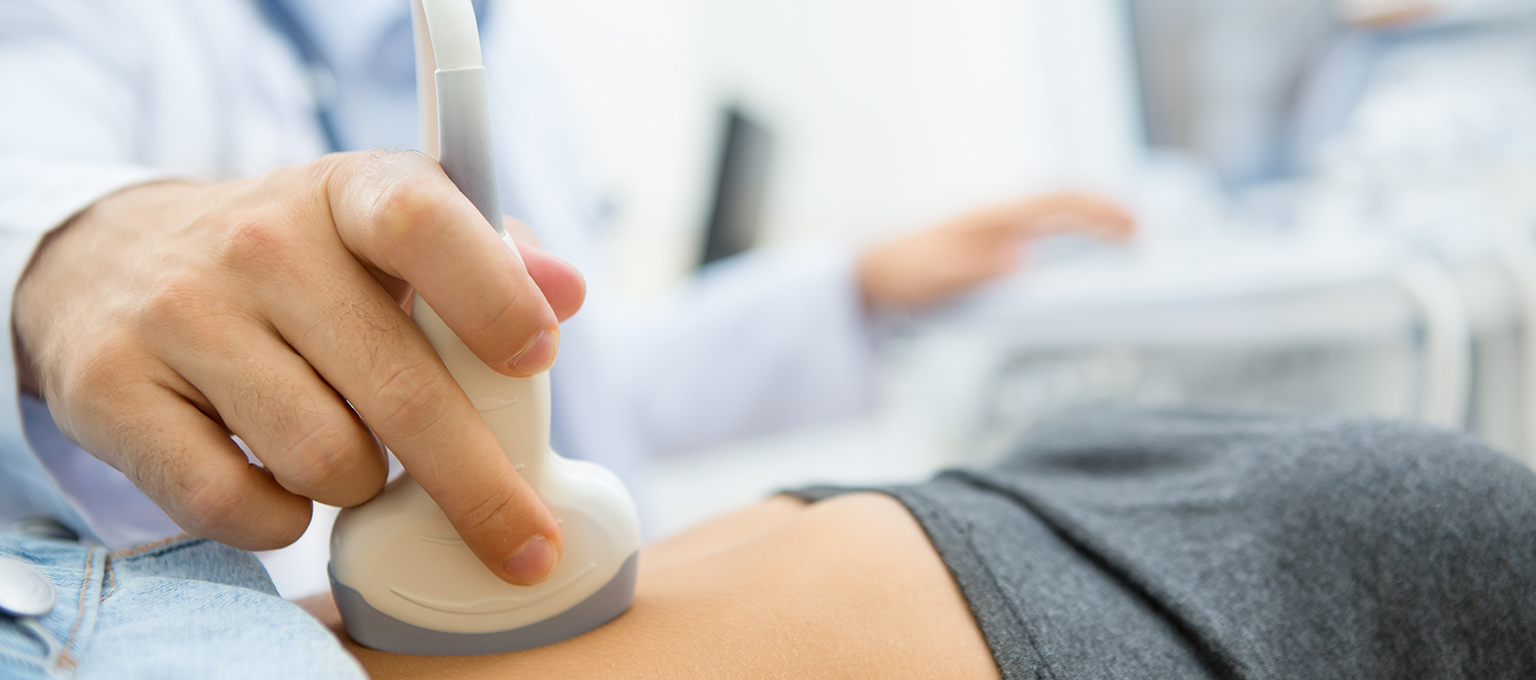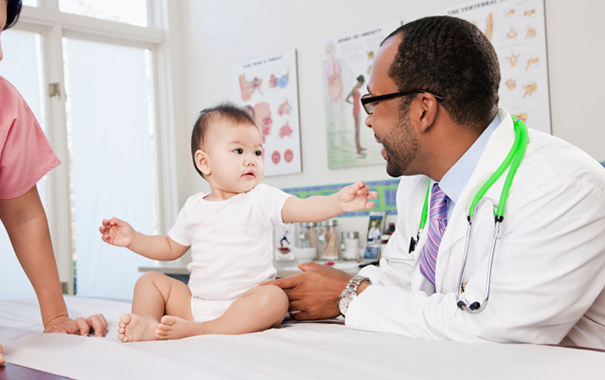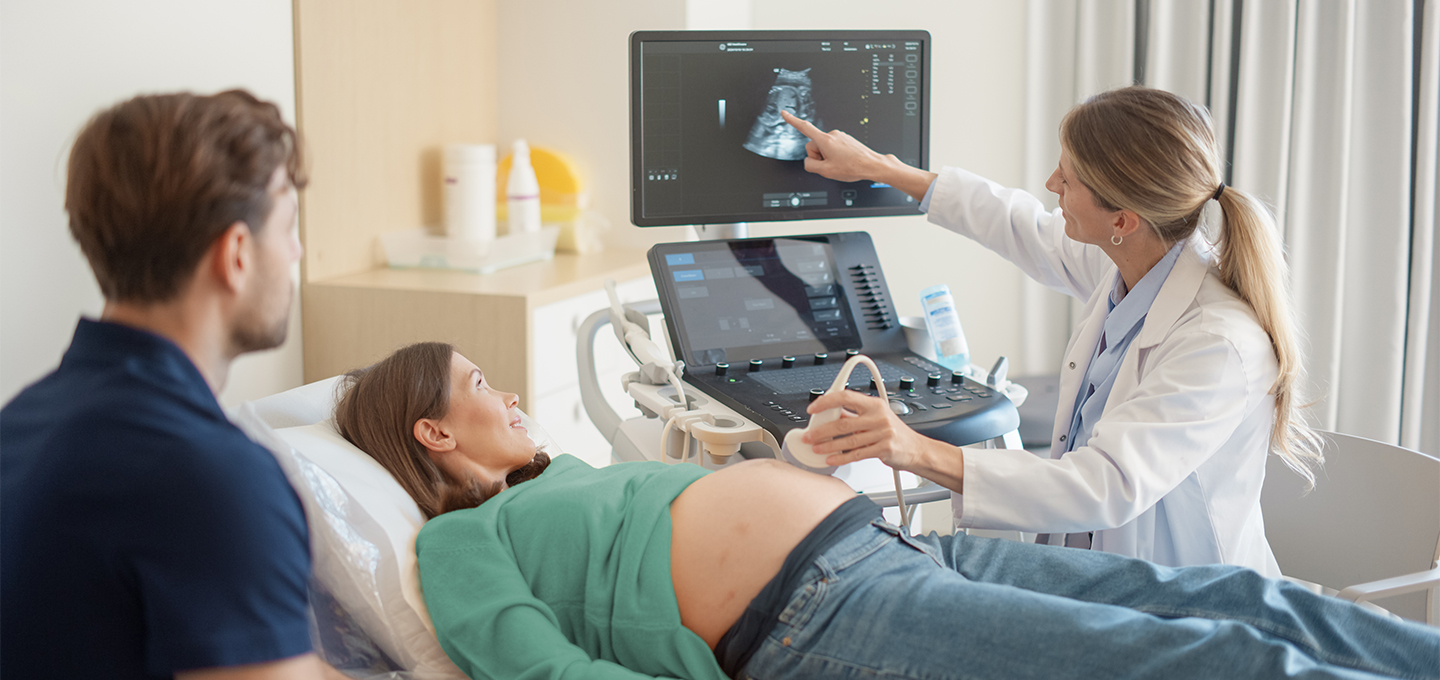
Group B Strep (GBS) During Pregnancy
Group B Streptococcus (GBS) is a common type of bacteria that many people carry without symptoms. While GBS does not usually cause illness in adults, it can pose risks during pregnancy. If you test positive for GBS in pregnancy, the bacteria can be passed to your baby during vaginal birth. To reduce this risk, healthcare providers perform a GBS test in pregnancy and offer treatment during labor if needed.
Key Takeaways
By understanding what GBS is in a pregnant woman, how it’s tested, and how to prevent it, you can take the necessary steps to protect both you and your baby.
What Is Group B Strep (GBS) in Pregnancy?
Group B strep, also known as Group B streptococcus, or simply GBS, is a bacteria commonly found in adults that usually does not cause illness or health problems. It can be found in the urinary tract, digestive system, and reproductive tract. Most people don’t even know that they have it.
During pregnancy, the Strep B bacteria can cause urinary tract infections, or an infection of the placenta, womb, and amniotic fluid.
Individuals are routinely tested for GBS during pregnancy because in some cases GBS can cause an infection that can be passed from the pregnant person to their baby during a vaginal delivery.
How Common Is Group Strep B During Pregnancy?
About 25 percent of pregnant people carry the GBS bacteria; however, many won’t experience any symptoms.
How Do You Contract Group Strep B During Pregnancy?
Experts are uncertain about how group B streptococcus (GBS) is transmitted among adults. It is not sexually transmitted, nor is it spread through food or water. This type of bacteria appears to fluctuate in presence naturally.
Even the healthiest individuals can carry GBS bacteria. You may carry it in your body for a short period, or you may have had it for a longer time without realizing it.
Group B Streptococcus (GBS) typically does not cause harm and usually does not result in illness or noticeable symptoms. However, in some cases, the bacteria can invade your system and lead to an infection known as GBS disease. This condition is usually treated with antibiotics.
Factors That Increase Your Baby’s Risk of Getting Group B Strep
There is an increased risk that your baby will develop GBS disease if
Symptoms of Group B Strep in Pregnancy
If you have GBS during pregnancy, you may not show any symptoms. Most individuals do not exhibit symptoms; however, those with lower immunity, such as newborns, older adults, and individuals undergoing certain treatments, may experience symptoms.
In some cases, GBS in pregnancy can lead to urinary tract infections, presenting symptoms such as a burning sensation during urination, frequent urination, or fever.
You can discover the symptoms of Group B strep in newborns in our section below.
How to Prevent Group B Strep in Pregnancy
To prevent complications from GBS and reduce the risk of infection to your newborn, it is recommended to screen for GBS bacteria between 36 and 38 weeks of pregnancy. This involves a simple swab test of the vagina and rectum to detect the presence of GBS. If the test is positive, your healthcare provider will discuss the treatment options to reduce the risk of transmitting the bacteria to your baby.
How and When Is the Group B Strep Test Done During Pregnancy?
As part of routine testing during your pregnancy, you will be tested for GBS in the third trimester, usually between 36 weeks and 38 weeks of pregnancy.
Your healthcare provider will swab your vagina and rectum, and send the samples to a lab for testing. After a few days, results will show whether you carry the bacteria or not.
What If You Test Positive for Group B Strep During Pregnancy?
Testing positive for GBS during pregnancy doesn’t mean that your newborn baby will be at risk of becoming sick from it. If your test results come back positive, your healthcare provider will likely give you intravenous antibiotics during labor. This can reduce the chance of you passing the bacteria onto your child if you have a vaginal delivery. Learn more about treatment options in the section below.
Group Strep B Treatment in Pregnancy
The most common treatment for Group B strep in pregnancy is through intravenous (IV) antibiotics during labor. This helps prevent GBS from spreading to the baby during delivery.
Remember that treatment is ineffective if given well before your baby’s birth because the bacteria can regrow. The antibiotics need to be administered during labor to be effective, ideally for at least four hours before delivery.
Antibiotic treatment is not generally needed if you are having a cesarean section. However, it may be given if your water has broken or labor has begun before your scheduled surgery.
It’s important to know that the antibiotics you receive during labor can help prevent early-onset GBS disease in your baby, but not late-onset GBS disease. (Read more about the difference between early-onset and late-onset GBS below.)
The cause or causes of late-onset GBS disease aren't completely understood. That’s why it’s important to keep an eye out for the symptoms of GBS in your baby and to let your baby’s healthcare provider know right away if you see any of the signs.
Can a Newborn Get Group B Strep?
If you have Group B streptococcus and you give birth vaginally, your newborn may contract it as they move through the birth canal. There’s a small chance your baby may become ill from the bacteria, which is why it’s important to get treatment for Group B strep (in the form of antibiotics during labor) if you test positive for it during your pregnancy.
Types of Group B Strep in Babies {#types}
There are two possible types of GBS infection in babies:
Group B Strep Symptoms in Newborns {#symptoms}
If your newborn or infant has GBS disease, you may notice the following symptoms:
If you notice any of these symptoms, let your baby’s healthcare provider know right away.
A GBS infection may lead to a more serious problem in your newborn, such as:
Your baby’s healthcare provider will be able to diagnose and provide treatment for these conditions.
Treatment of Group B Strep in Babies
If your baby is diagnosed with either early-onset or late-onset GBS, your baby’s healthcare provider will administer antibiotics right away. Your baby may also be given oxygen and intravenous fluids.
FAQS AT A GLANCE
In adults, the group B strep bacteria may come and go naturally, which means you may have it at some point, and no longer have it later. If it turns into an infection, or if your baby develops an infection after being exposed to it, your healthcare provider will treat the GBS disease with antibiotics.
The Bottom Line
If you find out that you’re positive for the GBS bacteria, keep in mind that about a quarter of all pregnant people have it. Your healthcare provider knows what steps to take to help prevent your baby from contracting it. You’re in good hands!
For more guidance, helpful tips, and more throughout your pregnancy, download our free Track Your Way Through Pregnancy Guide.
While you’re here: Have you thought of ways you can save money and earn rewards on all the diapers you’ll be purchasing once your baby is born? With the Pampers Rewards app, you can earn rewards and discounts for all your diapers and wipes.
- American College of Obstetricians and Gynecologists. Your Pregnancy and Childbirth: Month to Month, 7th ed. (Washington, DC: American College of Obstetricians and Gynecologists, 2021).
- ACOG. “Group B Strep and Pregnancy.”
- CDC. “Preventing Group B Strep Disease in Newborns.”
- CDC. “Risk Factors for Group B Strep Disease.”
- CDC. “Screening for Group B Strep Bacteria.”
- CDC. “Symptoms of Group B Strep Disease.”
- Cleveland Clinic. “Group B Strep Pregnancy.”
- Kid’s Health. “Group B Strep and Pregnancy.”
- MayoClinic. “Group B symptoms and causes.”
Read more about Pregnancy
Join a World of Support
through Pregnancy and Parenthood.
TRACK WITH TOOLS
LEARN WITH EXPERTS
GET REWARDED




